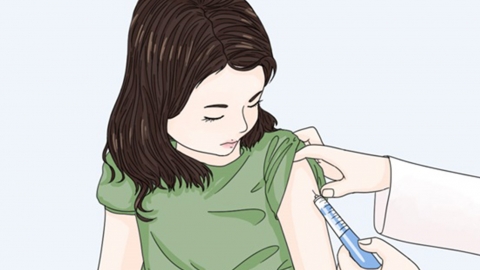What are the side effects of the rabies vaccine?
Under normal circumstances, rabies vaccine refers to the vaccine for rabies. Possible side effects of the rabies vaccine may include pain at the injection site, low-grade fever, allergic shock, nausea, and muscle aches, among others. A detailed explanation is as follows:

1. Pain at the injection site
As a foreign substance, the rabies vaccine stimulates local tissues after injection, triggering an inflammatory response, which leads to pain. Individual sensitivity to pain varies, so the intensity and duration of pain may differ.
2. Low-grade fever
The rabies vaccine activates the human immune system. During the immune response, certain cytokines are released, which may affect the body's temperature regulation center, causing a mild increase in body temperature.
3. Allergic shock
If the patient has an allergic constitution, a severe allergic reaction to certain components of the rabies vaccine may occur, potentially causing systemic vasodilation and increased vascular permeability, which can lead to allergic shock.
4. Nausea
The immune response triggered by the rabies vaccine may affect the function of the autonomic nervous system, thereby interfering with normal gastrointestinal motility and secretion of digestive fluids, leading to gastrointestinal dysfunction and nausea.
5. Muscle aches
The immune response following rabies vaccination may cause some changes in the internal environment of the body, such as lactic acid accumulation in muscle tissues and release of inflammatory mediators, resulting in muscle pain, particularly noticeable within 1-3 days after vaccination.
After vaccination, individuals should remain at the vaccination site for 30 minutes for observation to monitor for any adverse reactions. If serious allergic reactions such as difficulty breathing, pallor, or palpitations occur, prompt medical treatment can be administered. Additionally, alcohol consumption, drinking strong tea or coffee, and eating irritating foods such as chili peppers, onions, and garlic should be avoided during the rabies vaccination period.




